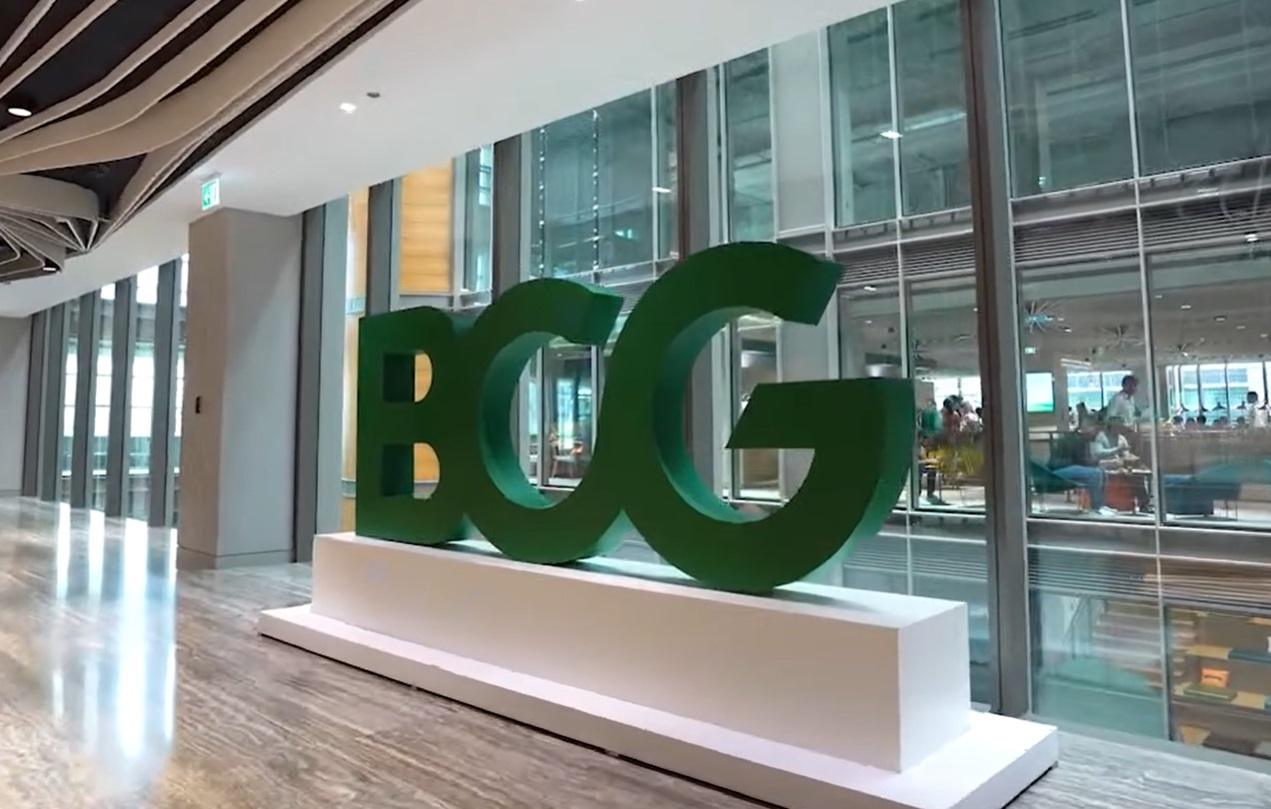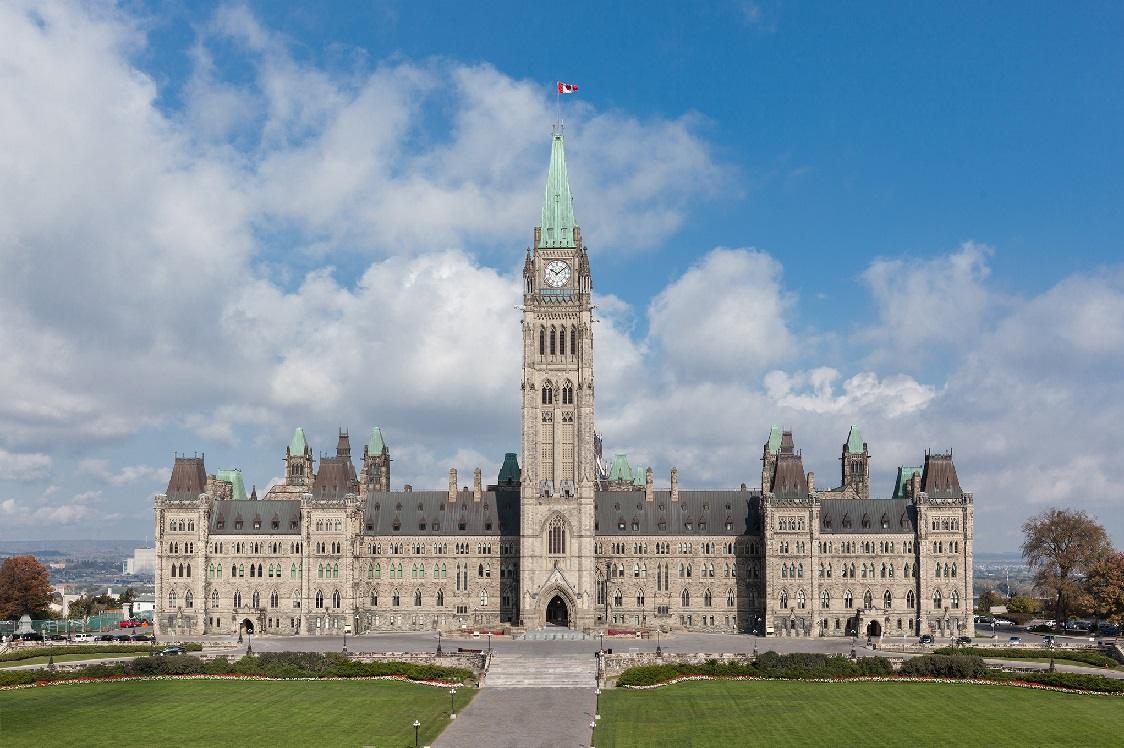Business Leaders Urge G7 to Ramp Carbon Price, Set Policies Enabling Private Market Investment in Climate Action
A group of CEOs from leading companies and financial institutions issued a call upon G7 governments to institute policies and practices enabling private sector capital mobilization for investment in the transition to a low carbon global economy.
The statement was published by the Sustainable Markets Initiative, a global sustainability coalition launched in 2020 by His Royal Highness The Prince of Wales, designed to support global progress towards a sustainable future and accelerating investments towards sustainable markets. Signatories included the top executives of professional service firms KPMG, PwC, Deloitte, and EY, financial service firms Bank of America, HSBC and State Street, energy companies bp and Shell, among others.
In the statement, the executives note the tremendous investments necessary to meet global climate and sustainability goals, writing, “restoring our planetary, human and economic health is vital, as is adapting to those impacts that cannot be avoided. This is going to take a lot of investment; $4tr each year by 2030 in clean energy alone according to credible estimates,” which will require significant private sector participation in addition to public sector funding.
In order to help facilitate the needed private sector investment, the statement highlights a series of critical action areas for the leaders of large industrial economies, meeting this week at the G7 summit in Germany, beginning with the establishment of a meaningful carbon price and effective carbon markets. Defining the parameters of a “meaningful” price on carbon, the SMI notes that in the $30 – $70 per tonne range, investments in coal no longer make sense, while at $70 – $120 industrial solutions such as hydrogen and carbon capture become viable, and above $120 negative emissions technologies become financially attractive.
Other initiatives urged by the statement include better optimizing the impact of public funds through actions such as making low-carbon public procurement decisions, and investing in R&D and workforce training, reducing the risk of private sector investment through blended finance structures, as well as providing clarity and stability through clear policies such as sustainable fuel aviation mandates, internal combustion engine phase-out dates and specific methane emissions policies.
In the letter, the executive wrote:
“Tackling climate change is complex and expensive. But our companies and many others within the Sustainable Markets Initiative are already taking major strides in that direction. If the G7, G20, Commonwealth and others can act on this plan, can work with the private sector to help accelerate our progress, we can do this.”
Click here to access the statement and the full list of signatories.





